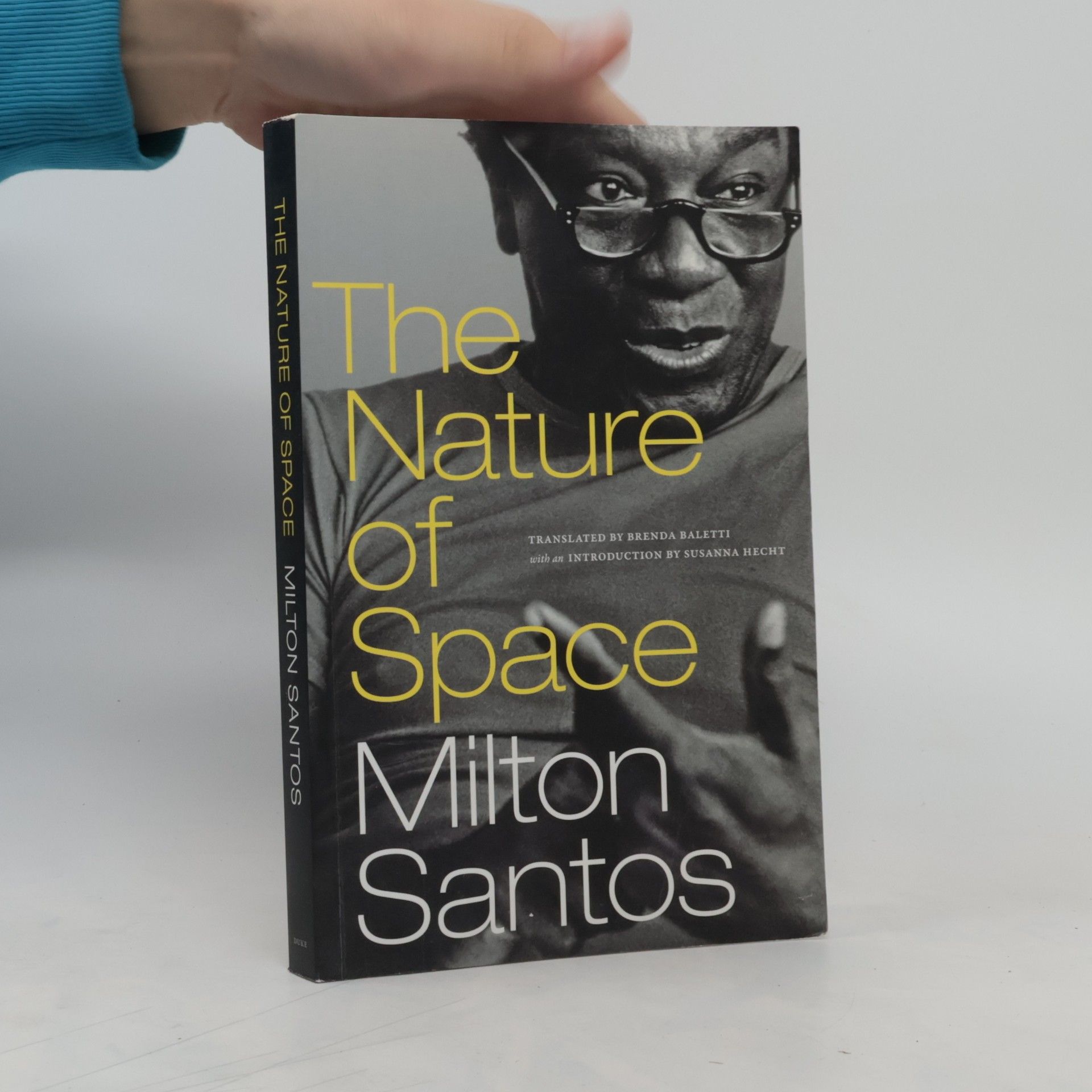In The Nature of Space, pioneering Afro-Brazilian geographer Milton Santos attends to globalization writ large and how local and global orders intersect in the construction of space.
Milton Santos Books
Milton Santos was a Brazilian geographer whose impactful work redefined the understanding of our world. Despite facing a thirteen-year exile imposed by a military dictatorship, he transformed this period into an opportunity for study and teaching across Europe, America, and Africa. His prolific output of over forty books, written in multiple languages, established him as a pivotal reference for critically analyzing the contemporary global landscape. Santos was a keenly insightful thinker, distinguishing between the 'new' and the 'innovative,' and his approach to geography was characterized by a rigorous, combative spirit that challenged conventional perspectives.

